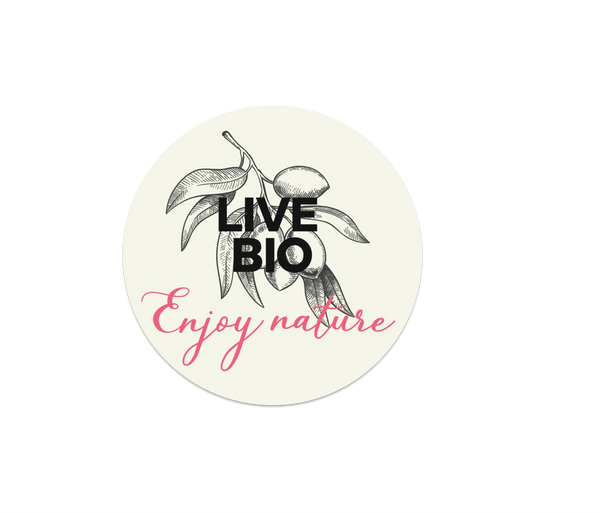Environmental Impact



As olive farmers we thrive to preserve our environment not only for our produce but for our village and nearby farmers. To do so we work on several component:
- Water Usage: We often irrigate our crops. The amount and efficiency of water use can significantly impact the environment. We have 3 sources of irrigation water. We apply water-efficient irrigation methods and we monitor our water sources to minimize our water footprint as much as possible.
- Soil Management: Sustainable soil practices, such as cover cropping, organic fertilization, and erosion control, contribute to soil health. Our olive orchards aim to prevent soil erosion and degradation while maintaining or improving fertility.
- Chemical Inputs: The use of pesticides, herbicides, and fertilizers in olive farming can have environmental consequences. We adopt an integrated pest management (IPM) system, organic farming methods without the use of chemical inputs to reduce the negative impacts on our products and ecosystems.
- Biodiversity: Our olive orchards are behind amazing fruit plans and fruit trees to created a diverse vegetation and habitat corridors. Promoting biodiversity contributes to a healthier overall ecosystem.
- Energy Consumption: We have zero carbon footprint since our olive farming activities is powered by renewable energy sources. Therefore our machinery operation, processing, and transportation is transitioning to energy-efficient practices.
- Waste Management: Olive farming generates waste, including pruned branches and residues. We implement efficient waste management practices, such as composting for our soil fertilization and we use prunings for biomass energy to minimize environmental impact.
- Economic and Social Impact: We hire labor and families from nearby villages for our olive farming practices. To be able to have more sustainable and socially responsible agricultural operation.
